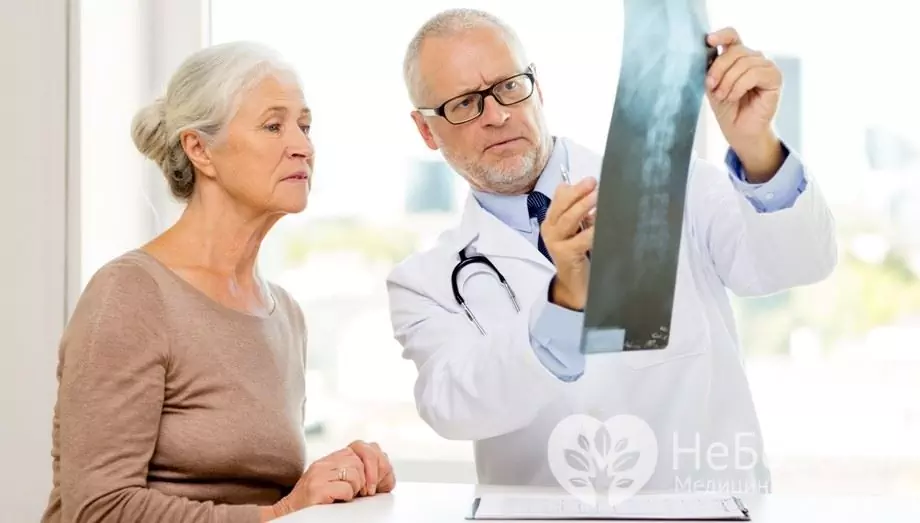- Author Rachel Wainwright wainwright@abchealthonline.com.
- Public 2023-12-15 07:39.
- Last modified 2025-11-02 20:14.
Orthopedist
An orthopedic surgeon is a specialist in identifying pathologies in the development of the musculoskeletal system and their correction.

An orthopedist corrects deformed feet in children and adults, treats clubfoot, curvature of the spine, flat feet, torticollis, hip dislocations, arthrogranosis, scoliosis, and neoplasms in the bones.
There are children's orthopedists and adults. The competence of these specialists includes both congenital and acquired pathologies of the development of the musculoskeletal system, joints, spine, feet.
When is it important to get an appointment with an orthopedist
Here are the symptoms of the most common diseases for which you should consult an adult or pediatric orthopedist: flat feet, clubfoot, hip dislocation, scoliosis and kyphosis, torticollis, joint diseases.
Flat feet are manifested by pain in the feet, a change in their shape. There may also be swelling, pain in the legs after moderate to severe physical exertion. Flat feet can be congenital or acquired.
Clubfoot is always a congenital disease, one of the types of abnormalities in the development of the fetus. An external sign of clubfoot, which becomes the reason for contacting a pediatric orthopedist, is a child's foot that is turned incorrectly. There are different degrees of clubfoot, but if you get an appointment with an orthopedist on time and follow all his recommendations, the foot can be returned to its normal position.
Hip dislocation is another very common congenital pathology. It is also called hip dysplasia. It is revealed only during a special examination of a newborn child by an orthopedic doctor. In this case, timely access to a specialist is also of great importance. Judging by the reviews about orthopedists left by the parents of children born with dysplasia, in most cases the disease is successfully corrected.
Scoliosis and kyphosis is a curvature of the spine, which can be congenital and acquired. There are several degrees of scoliosis and kyphosis. In most cases, the curvature of the spine is visible with the naked eye. These diseases are treated and require an obligatory visit to an orthopedist. Congenital scoliosis and kyphosis are often detected even in the maternity hospital or at one of the routine examinations of a newborn in a polyclinic, at an appointment with an orthopedist.
The main symptom of torticollis is an obvious deformity of the neck, due to which the head is constantly tilted to the side. The disease can be congenital or acquired at a later age.
Be sure to consult an orthopedist if there is instability in the joints (or even in any one of them), joint swelling or enlargement, pain in the joints when moving, as well as clicking.
Orthopedists also help to recover from fractures of the limbs and spine, bruises and sprains. These specialists are also called orthopedic traumatologists.
What diagnostic methods are used by orthopedic doctors
In his work, the orthopedist uses exclusively instrumental diagnostic methods - this is magnetic resonance imaging, computed tomography, X-ray examination, ultrasound examination, endoscopy (used when joint diseases are suspected).
Before sending a patient for examination, the orthopedist must examine him, listen to complaints and make the initial diagnosis after the examination. The above diagnostic methods are used to clarify the diagnosis, to identify the degree of the disease.
How to become an orthopedic doctor
Orthopedists are specialists with higher medical education who have completed an internship or residency after training. In preparation, orthopedic surgeons study clinical biomechanics, sports traumatology, military field surgery, prosthetics, and the basics of rehabilitation.
Orthopedics is a relatively complex science, so secondary medical schools or courses cannot provide enough knowledge to accurately identify diseases of the musculoskeletal system and prescribe the correct treatment. A visit to an incompetent specialist in this area threatens with disability, so contact the hospital only after studying reviews about the orthopedists who work there.
Found a mistake in the text? Select it and press Ctrl + Enter.






